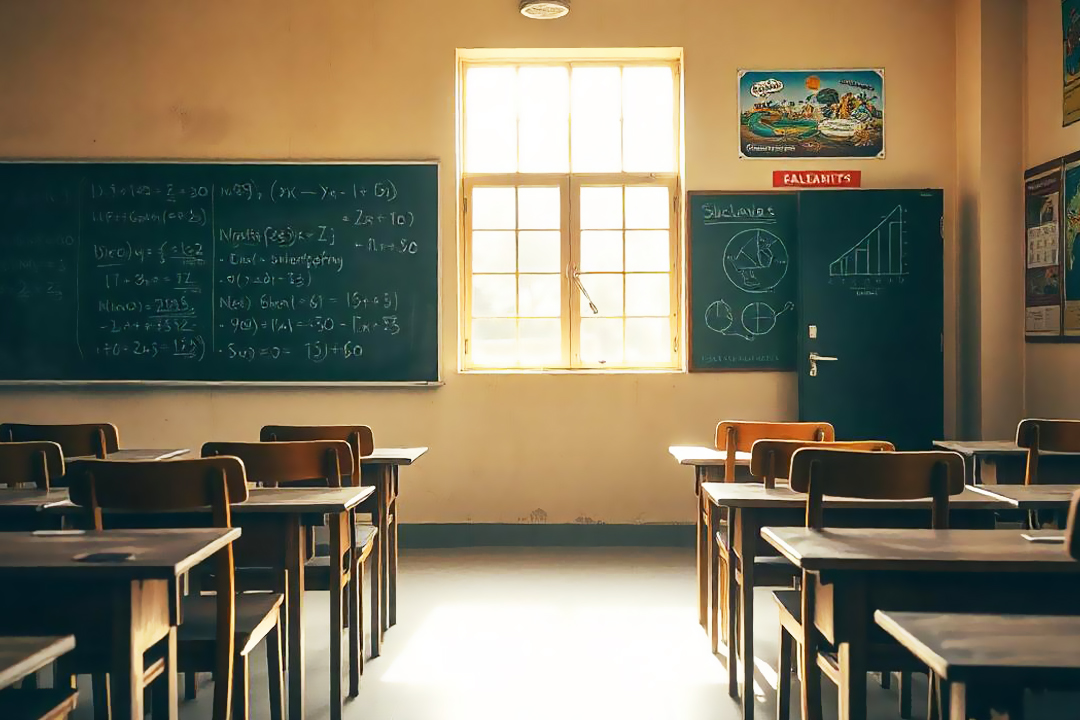Indiscipline in Senior High Schools in Ghana

Background
Indiscipline among students in Ghana's Senior High Schools (SHSs) has reached concerning levels, impacting academic performance, teacher authority, and the overall school environment. Factors contributing to indiscipline include societal influences, school-based challenges, and policy changes such as the removal of corporal punishment. This policy brief outlines findings on the causes, effects, and potential solutions for addressing student indiscipline, providing insights for a national policy to foster discipline and enhance educational outcomes.
KEY FINDINGS
1. Causes of Indiscipline
School-Based Factors: The removal of corporal punishment has left schools with limited disciplinary options, which some students exploit, knowing they are protected by child rights regulations. Overcrowding and inadequate facilities also exacerbate discipline issues, as limited resources strain school management.
Societal Influences: Media portrayals and parental behaviour significantly affect students’ attitudes toward authority and discipline. Negative media coverage of teachers undermines respect, and lenient parenting contributes to a lack of discipline.
2. Effects of Indiscipline
Reduced Teacher Authority: Teachers face challenges in maintaining control as students increasingly disregard disciplinary measures, often leading to instances where teachers are undermined or disrespected.
Academic Performance: Indiscipline disrupts the learning environment, leading to lower academic outcomes and negatively affecting students' long-term potential.
Future Leadership and Social Impact: Persistent indiscipline can hinder the development of responsible citizens, potentially resulting in irresponsible future leaders and an increase in societal vices.
POLICY RECOMMENDATIONS
1. Reintroduce Regulated Disciplinary Measures:
Establish controlled, alternative disciplinary measures to maintain order, such as monitored physical activity (e.g., supervised weeding) and suspension protocols. Engage stakeholders, including student unions, to develop an inclusive discipline framework.
2. Media Collaboration and Sensitization:
Work with media outlets to support balanced reporting on education issues and promote positive behaviour among students. Using public service announcements, the media can help reshape societal perceptions of discipline and student behaviour.
3. Community and Parental Engagement:
Encourage parents and community leaders to foster discipline from home. Initiatives should include awareness programs for parents on promoting responsible behaviour and the impact of their support on students' actions.
4. Strengthen Religious and Community Involvement:
Engage religious institutions in promoting discipline and moral education within their communities, providing students with consistent values and ethical standards.
5. Revise the Ghana Education Service (GES) Code of Conduct:
Update the GES code of conduct to reflect current challenges, incorporating balanced disciplinary practices that protect students' rights while supporting teachers’ authority.
6. Reinstitute the Parent-Teacher Association (PTA):
Reinstate PTA collaborations to allow teachers and parents to work together in monitoring and promoting discipline among students, fostering a collective approach to behaviour management.
CONCLUSIONS
Addressing indiscipline in Ghanaian SHSs requires a comprehensive, multi-stakeholder approach involving policymakers, educators, parents, and the community. By implementing these recommendations, Ghana can create a more disciplined, productive school environment that supports both students’ academic success and their development into responsible citizens.
Research Team
Mr. Cosmos Kwame Dzikunu, Lead/ Ag.HoD
Prof. Edison Pajibo
Prof. Alexander Edwards
Dr. Gideon Ampofo
